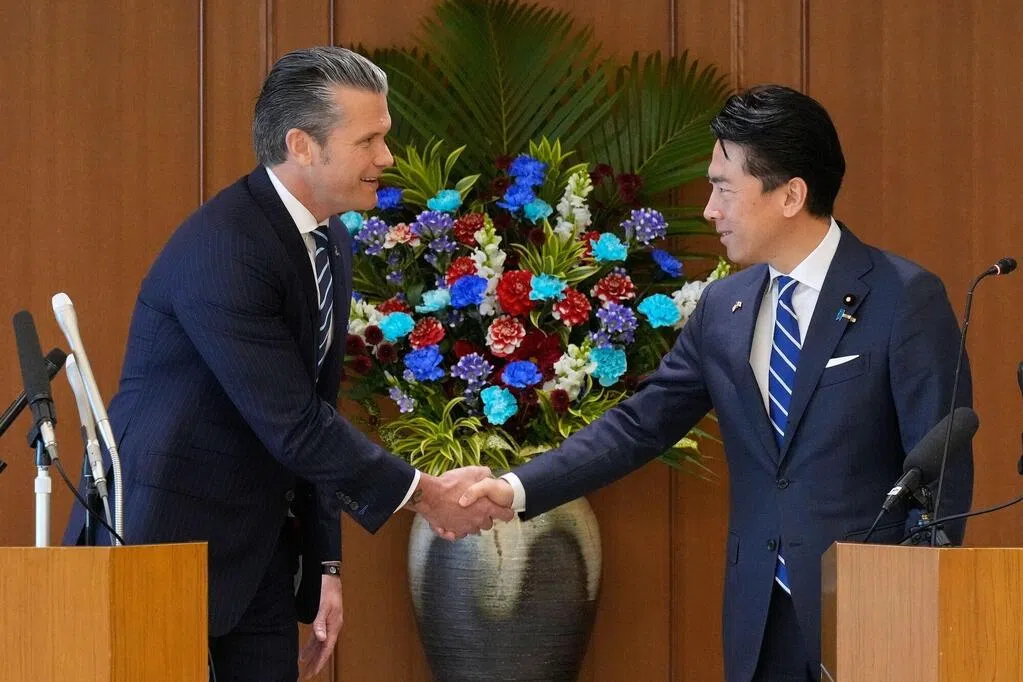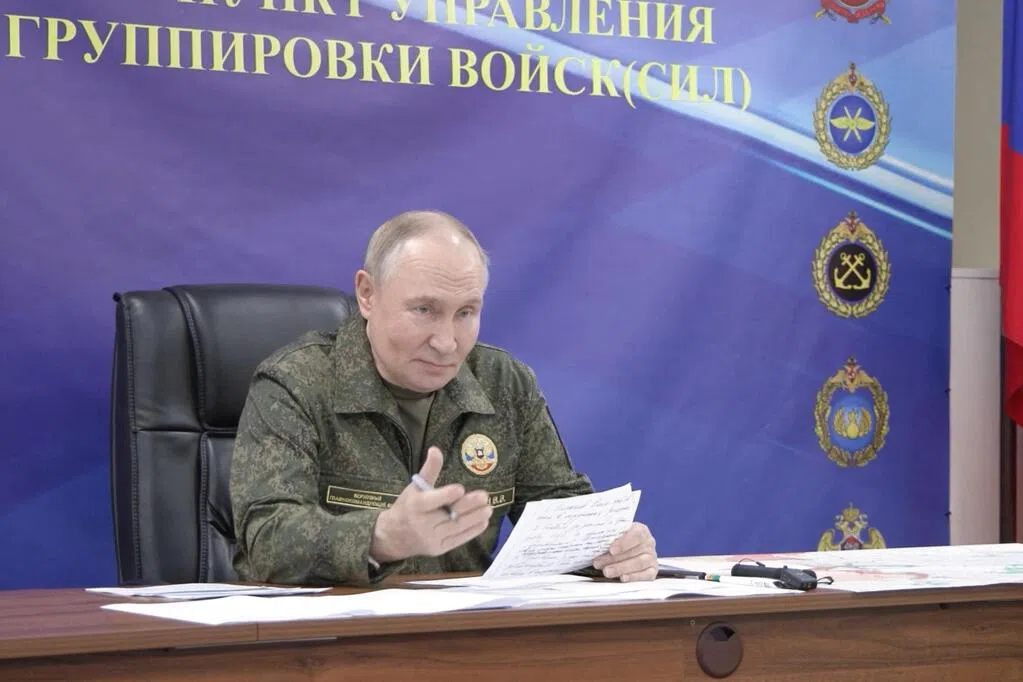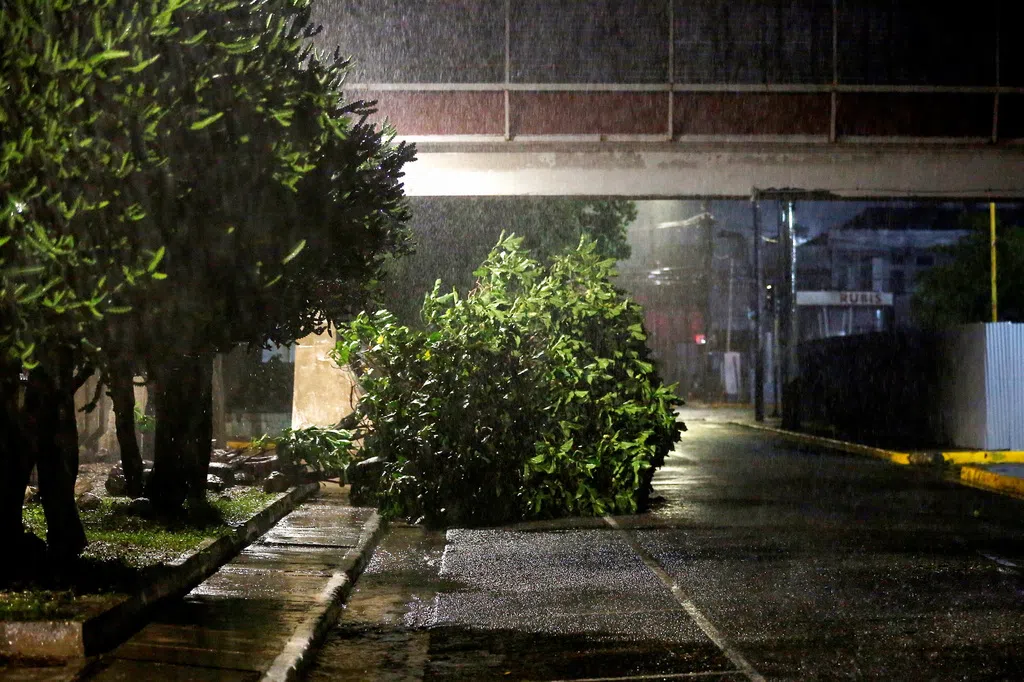(Busan, October 30) US President Donald Trump has instructed the War Department to immediately resume nuclear weapons testing on a scale comparable to that of other nuclear-armed states such as China and Russia.
Trump posted on social media on Thursday (October 30): "Because of other countries' testing programs, I have instructed the War Department to begin our nuclear weapons testing on a reciprocal basis."
Trump did not provide specific details, only stating that the process would begin immediately.
The previous day, Russian President Vladimir Putin announced the successful test of the Poseidon nuclear-powered unmanned underwater vehicle. Putin claimed that the Poseidon's speed and diving depth are unique and that it is uninterceptable. Military analysts say this weapon could destroy coastal areas by triggering a massive radioactive tsunami. Furthermore, Putin also announced on October 26 that the new nuclear-powered cruise missile, the Burevestnik, with a range of 14,000 kilometers, had completed its final testing.
Trump also stated on Thursday that the United States possesses more nuclear weapons than any other country, with Russia ranking second, and China, while currently in third place, is expected to catch up within five years.
Further Reading


However, according to statistics from the International Campaign to Abolish Nuclear Weapons (ICAN), headquartered in Geneva, Switzerland, there are approximately 12,331 nuclear warheads worldwide. Russia has the largest number, with at least 5,500, followed by the United States with 5,044.
The Center for Strategic and International Studies (CSIS), a Washington-based think tank, estimates that China's nuclear arsenal has more than doubled from 300 nuclear warheads in 2020 to approximately 600 by 2025. It states that the U.S. military estimates that China will possess more than 1,000 nuclear warheads by 2030 at the latest.
On his return to the United States from South Korea on Thursday, Trump stated aboard Air Force One that nuclear tests are necessary to ensure the United States can keep pace with its nuclear adversaries.
Regarding whether the world is entering a more dangerous phase of nuclear weapons development, Trump denied any such threat. He said that the U.S. nuclear stockpile is well-preserved and indicated that he welcomes the achievement of denuclearization.
The United States conducted 1,054 underground nuclear tests between 1945 and 1992, ceasing all nuclear testing in September 1992. Russia's last nuclear test was in 1990, China's in 1996, and North Korea's in 2017.
Trump Approves South Korea's Nuclear-Powered Submarine Construction
Trump also posted on social media on Thursday that he had approved South Korea's construction of a nuclear-powered submarine. This would make South Korea one of the few countries in the world to possess nuclear-powered submarines.
Trump said the submarine will be built at a shipyard in Philadelphia, and South Korean companies have increased their investment in the shipyard.
South Korean President Lee Jae-myung, during a meeting with Trump on Wednesday, pointed out that allowing South Korea to build several nuclear-powered submarines equipped with conventional weapons would significantly reduce the defense burden on the U.S. military.
Successive South Korean presidents have wanted to build nuclear-powered submarines, but this has consistently been opposed by the United States. Kimball, executive director of the Arms Control Association, headquartered in Washington, believes that allowing South Korea to build nuclear-powered submarines would raise a variety of complex issues, including nuclear fuel and the use of highly enriched uranium, and would require the International Atomic Energy Agency to establish very complex new safeguards. In short, it is technically or militarily unnecessary.
He said that if the United States truly wants to prevent the proliferation of nuclear weapons, it should resolutely reject similar requests from allies, just as it has prevented adversaries from acquiring these dual-use technologies.



